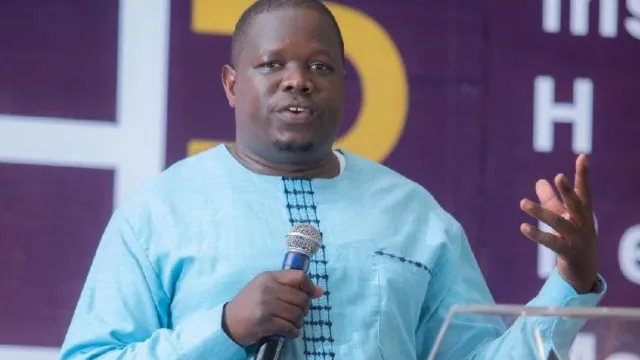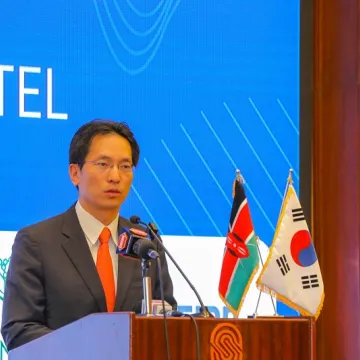Sh1Bn waste management system positions Konza as leader in smart city evolution

John Paul Okwiri, Chief Executive Officer of Konza Technopolis.
Konza Technopolis has launched a cutting-edge $8 million (about KES1 billion) pneumatic waste collection system designed to handle up to 40 tonnes of trash per day.
Engineered by Swedish innovator Envac and implemented by Italian firm ICM S.p.A., the smart waste management infrastructure is designed to serve over 30,000 residents in the smart city.
This innovation underscores Konza’s ambition to become a benchmark for green, smart cities—not just in Kenya, but globally—by integrating intelligent infrastructure that drives both environmental stewardship and digital transformation.
“The integration of Envac’s pneumatic waste management system at Konza Technopolis enhances sustainable urban living and promotes a modern, eco-conscious city,” said John Paul Okwiri, Chief Executive Officer of Konza Technopolis.
Key features of the automatic waste collection system include 100 waste disposal points, a 15-kilometer underground pipe network, 880 automated valves and 220 additional disposal points. It also includes Sensor-activated inlets that trigger a vacuum cycle when full and centralized waste collection station for sorting and dispatch.
The system automatically activates a vacuum process once the inlets reach capacity, transporting the waste through underground pipes to a central collection station where it is stored in designated containers before removal.
“We are very proud to contribute to the Konza Technopolis project by incorporating our pneumatic waste collection technology. The Envac system will help improve essential services, boost recycling rates, reduce CO₂ emissions, and protect the environment for future generations.” said Carlos Bernad, CEO of Envac Iberia and President of Envac EMEA.
The system does not only reduce carbon emissions and noise pollution, but also ensures a cleaner, more hygienic and organized environment for Konza Technopolis residents by eliminating the need for traditional garbage trucks.





